Useful Patent For Some Legitimate Purpose
With the new marijuana laws coming out of California, Washington, and Colorado, there has been a significant amount of coverage about the innovations to the marijuana industry.[fusion_builder_container hundred_percent=”yes” overflow=”visible”][fusion_builder_row][fusion_builder_column type=”1_1″ background_position=”left top” background_color=”” border_size=”” border_color=”” border_style=”solid” spacing=”yes” background_image=”” background_repeat=”no-repeat” padding=”” margin_top=”0px” margin_bottom=”0px” class=”” id=”” animation_type=”” animation_speed=”0.3″ animation_direction=”left” hide_on_mobile=”no” center_content=”no” min_height=”none”][1] You might think that means lots of new patents and trademarks, but then you might have to think again as it relates to patents. Inventions are required under law to be “useful” in order to issue as a valid patent. If the invention claimed by the patent application can only be used for an illegal purpose under federal law[2], then the invention would likely be interpreted by the patent office has lacking utility, i.e., lacking usefulness, and therefore be rejected.
Section 8 of the Constitution provides Congress with the power to grant patents and trademarks. Accordingly, federal law—not state law—governs patent and trademark law. While the Department of Justice announced that it would not prosecute marijuana laws when legal under state law, it is illegal under federal law to make, use or sell marijuana. This creates an unfair problem for many innovators in the marijuana industry who were given the green light by the state and federal government to sell the substance.
In many instances, a crafty patent attorney will be able to obtain patent protection for a marijuana invention describing and claiming non-illegal uses for the invention. In cases involving THC directly as an important part of the invention, a patent may prove fruitless.
The patent laws provide unique patent rights to plants through the issuance of “plant patents.” Ironically, while patents for machines or processes involving marijuana may be rejected for their currently illegal federal status, the patent laws would not likely preclude receiving plant patents on marijuana plants because the “useful” requirement statute does not apply to plant patents.[3] In an ironic twist, new strains of marijuana plants are patentable whereas a machine specifically designed—and having only one purpose—to cultivate that new strain would not be patentable.
Regardless of whether you live in Fort Lauderdale, Miami, or Colorado, it is always best to speak with an experienced patent attorney instead of determining on your own whether an invention is in fact patentable. In many cases, a registered patent attorney will be able to find use in the invention, even if the majority of the invention is for an non-useful purpose. Said another way, marijuana based innovations should have no problem qualifying as useful if the application is drafted by an intelligent patent attorney.
[2] The supremacy clause of the Constitution dictates that federal laws trump state laws when a conflict arises. In this case, a patent that would validly issue under federal law could not be held invalid due to a state law because the state law would necessarily conflict with patent law.
[3] Compare 35 U.S.C. § 101 with 35 U.S.C. § 161(The preceding statute requiring a “new and useful” invention whereas the latter statute requiring merely that one “invents or discovers and asexually reproduces any distinct and new variety of plant. . . .”)
[/fusion_builder_column][/fusion_builder_row][/fusion_builder_container]



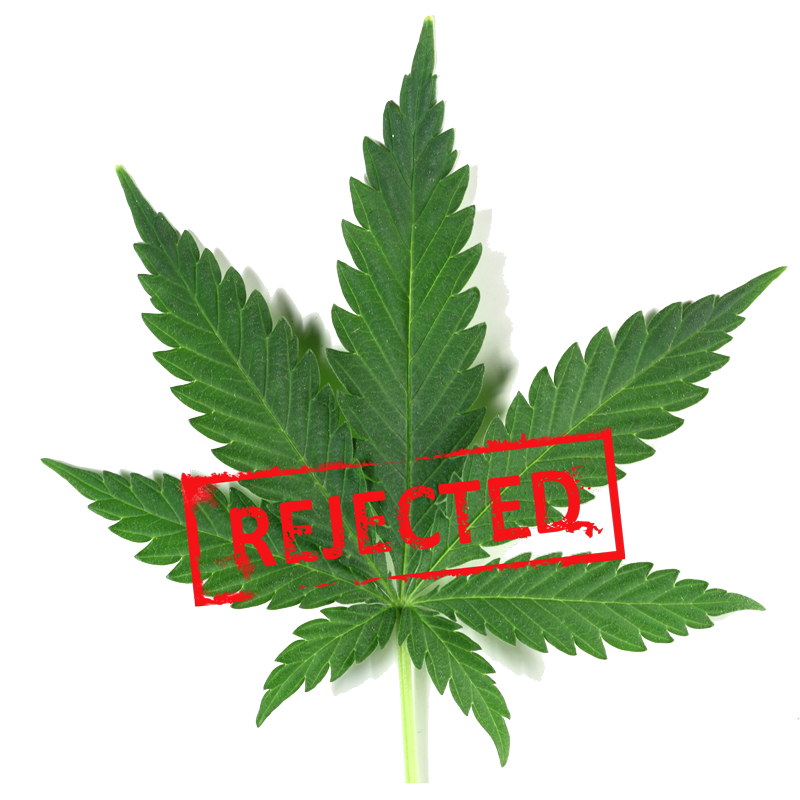
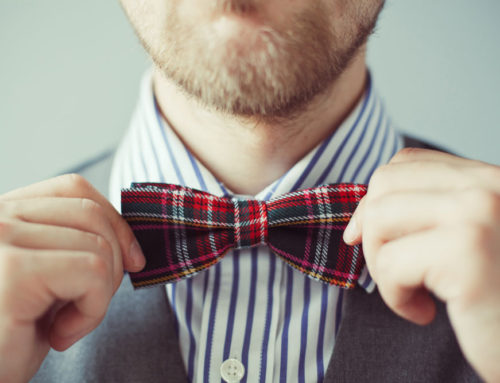
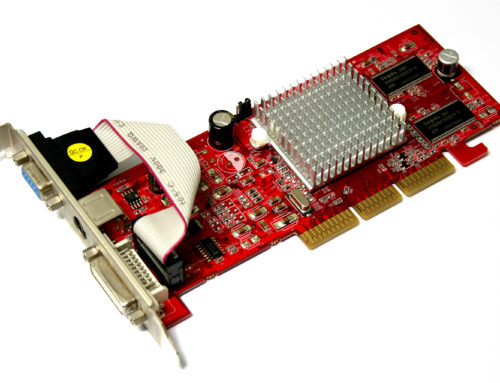
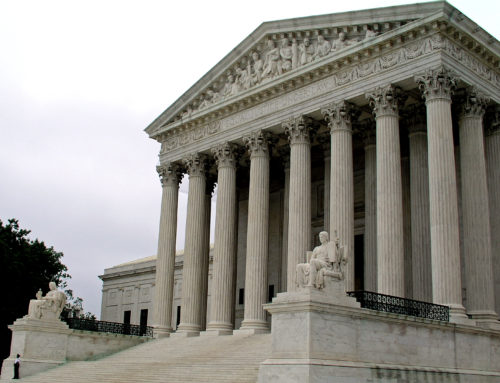

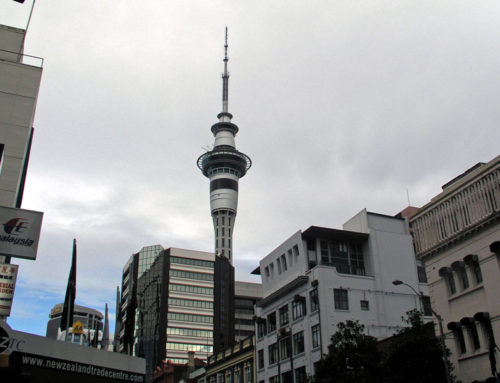
Recent Comments